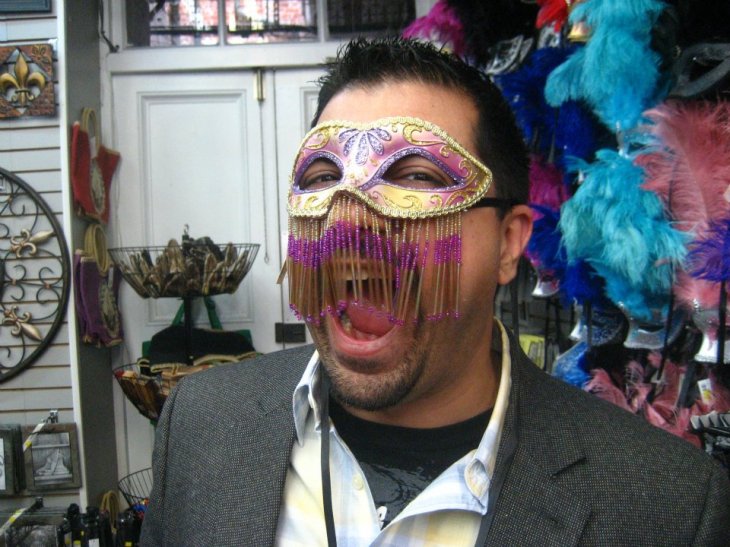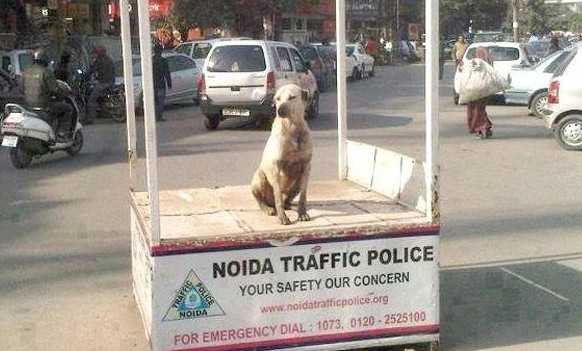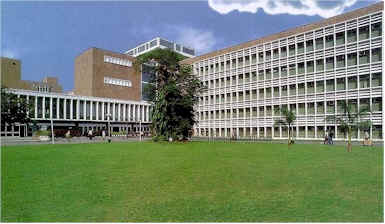Ashish Khanna, 1998 batch
Connections-May 2013 (Volume 10, Issue 2)
The Oxford dictionary definition of Anaesthesia is “insensitivity to pain, especially as artificially induced by the administration of gases or the injection of drugs before surgical operations”. The Merriam-Webster dictionary defines Anesthesia as “loss of sensation and usually of consciousness without loss of vital functions artificially produced by the administration of one or more agents that block the passage of pain impulses along nerve pathways to the brain” Synonymous: yes?
Anyone would agree that the difference between Anaesthesia (British English) versus Anesthesia (American English) is above and beyond the addition of a single alphabet of the English language. I started my journey as an anesthesia resident in a country where Anaesthesia was the correctly spelt version of the branch of medicine that dealt with this specialty. Today, three years after re-training the art and re-learning Anaesthesia to be spelt as Anesthesia in the United States, it is time to look back and ponder on the finer points.
The decision to leave your own country after finishing a residency always comes with a pinch of salt. As you look to expand your clinical and academic training beyond the horizon, you are faced with the uncertainty of the unexpected. The challenge is a system of medicine distinctly different from your home country and a culture to healthcare that demands considerable understanding. A question that I am very often faced with when I make my frequent trips back home is “What is different about Anesthesia practice in the United States?” It might come as a surprise to a lot of people if I say “nothing at all” in reply. Well, what is different is not Anesthesia or Anaesthesia, only the fine print!! The other very frequent question that is thrown at me is the almost rhetorical “Is it better there?” Let me step back today and say let’s keep all this better – worse talk aside. It never was and it will never be fair to compare two vastly different systems of medicine. As I direct this piece of writing to those friends of mine who are faced with doubts and internal struggles before they leave the comfort of their own homes I would like to emphasize one singular fact: forget about quality of medicine or quality of life and remember the biggest challenge is the ability to train to re-train or put
in more simple words another residency program after a prior residency in your home country. Starting a residency program in Anesthesia under the Accreditation Council for Graduate Medical Education (ACGME) at the Cleveland Clinic Foundation, I realized early on that the essence of getting the most out of this education is to wipe my slate clean and restart again. Tell the world that you are trained in your specialty in your own country and you are capable of doing your thing does provide you with the much-needed independence of clinical work at times, but can be your worst
enemy if you want to acquire new knowledge. It is important to understand that there will be days where the attending will hold your hand when you are doing a procedure that you have done so many times before or might tell you that “this is the way it is done here”. Days, when you need to keep you’re your ego at home. Days when you will feel your neurons are struggling to cope with erasing old skills and acquiring new skills for the same procedures again. But, hey did you want to do things the way you were doing them in your own country? That said, what is the reason you
made this trip across 4000+ miles half way across the planet? The answer to these questions will help you understand that unless you let your guard down in a foreign land and show that you are an open book you will never learn anything new and in essence never grow as a clinician. Medicine is repetitive science; it is very easy to be lulled into a false sense of satisfaction practicing the same
things over and over again, the same very way every day. The only way to appropriately imbibe your area of expertise and to mature as a clinician is to step out and see what else can be done differently and is being done differently. My message here is not to train in the United States after training in India, but to train at different places and in that process acquire a new set of skills all the time.
Going further, another area of distress for the physician from India as he or she steps onto alien soil is the cultural aspect of medicine. The interaction between peer groups as resident doctors and patient physicians as healthcare providers is different to say the least. As you move away from the “yes sir/ma’am” policy to “yes Dr. XYZ” even when that Dr. XYZ might be your department chair, you will quickly realize that you have to prove your worth as a resident by the sheer quality of your work and not the weight of your courtesy and multiple salutations directed to your staff. Decision making for the betterment of your patient is another area where the young resident here is thrown into the deep end every single day. An ICU attending will ask you for your plan, and so will your anesthesia attending in the operating room. And yes, your plan will be plan that will be executed as long as you can justify it. And that holds true for every provider from the lowest level of an intern to upwards.
Protecting patient privacy and respecting that the patient is the true owner of his or her healthcare information is another moot point here. Not to discuss patients with names or anything that could identify them, not to talk about them in the hospital corridors or the escalators is a habit that is difficult to get rid of. The tendency to try to force your decision as a clinician on the patient or the patient’s family is also something that we live by all the time in India. The patient is the master of his/her own destiny here and whether it be morbid obesity, chronic smoking in a vasculopath or narcotic abuse in a chronic pain patient, your job will be to ask them whether they feel they can change theirlifestyleand not to enforce that change on them. Difficult times will also revolve around “End-of-Life” decisions in the ICU and DNR (Do Not Resuscitate) statuses. The ability of families here to think very practically for their dying loved ones and to let go of them when there is point of futility, is commonplace. Another challenge that is
beyond the understanding of anesthesia and different from back home, and is something that you
have to deal with on a regular basis.
How can I forget to include in my set of challenges also, the change from using pharmaceuticals as brand names versus names of salts back home. Or the different abbreviations that come inherent with another healthcare system. Yes, I gave my senior resident a quizzical look when he said “Did you tube your patient” ( a.k.a intubation) or “Can you do the A-line first?” ( a.k.a arterial line) or “ Is he off the vent ?” (weaning from the ventilator) or “When is your ICU patient going to the sniff?” (a.k.a skilled nursing facility). There are numerous more such which define the distinct cultural differences in healthcare here in the United States.
As I look back today, I know that things have evolved for me as a clinician but also more importantly as a human being. I look at medicine differently; I look and understand a patient’s emotions differently. That to me is the pivotal change. For all those fellow friends who are getting ready to step out on this often-treaded path of training in another country after training as a specialist in India, I hope this writing will give a better idea of what to expect. All said and done, the
difference is not in quality of healthcare or the quality of life that you can expect to live, but in what you can assimilate from the new system of medicine.
In the end, it is not Anesthesia versus Anaesthesia, and it really does not matter!






